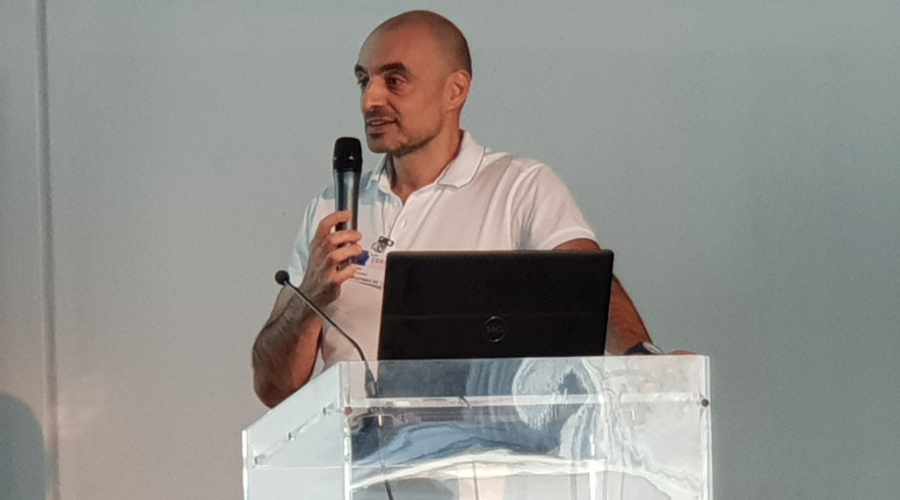Everyone wants to know the future. Such is human nature. All the way from bone readings of ancient times to studies carried out by respected think tanks, such as RAND Corporation, humans have been looking for a way to manage the uncertainty of the future.
There is also futurology with its scientific apparatus, language and methods. But there are a few predictions that I’m ready to make here and now, which are based on my observations of the last 10-20 years of our lives.
Life is becoming more complex. Our brain adapts to it all thanks to its plasticity, outsourcing some of its functions. Why would you count in your head? There are calculators and Excel. Why would you remember your parents’ or friends’ numbers? There are smartphones for that.
Generally speaking, why would you need to remember everything? There is the Internet with its search engines. You don’t even have to remember the words – Google can carry out visual search. Even words, which are still supporting our brain functionality, are becoming shorter and more concise. These days we speak in emojis and abbreviations.
My prognosis is that the words which will remain to be used by our brains will fall in number and shorten in length. This isn’t very hard to foresee. Another obvious prediction is that many types of activities will be completely transferred to the online realm. Shopping, for instance. This isn’t a great prediction, and yet it’s accurate. Retail competition to get clients’ attention will inevitably lead to brands being simplified and their names being shortened. It’s already happening: facebook.com is also fb.com, while google.com is also g.cn (in China) etc.
The last of my predictions for today is the following: out of a multitude of online retailers that exist today, only a couple will remain. And one of them will have to be called m.art – it would be impossible to find a shorter and more striking name for a retail mogul. Who will get it? That I cannot predict.

